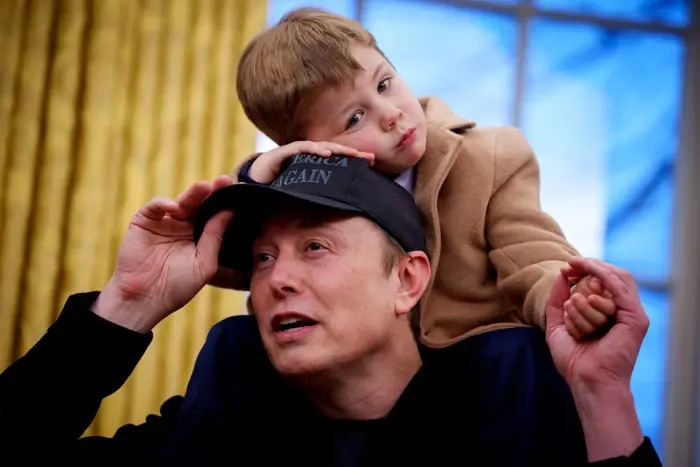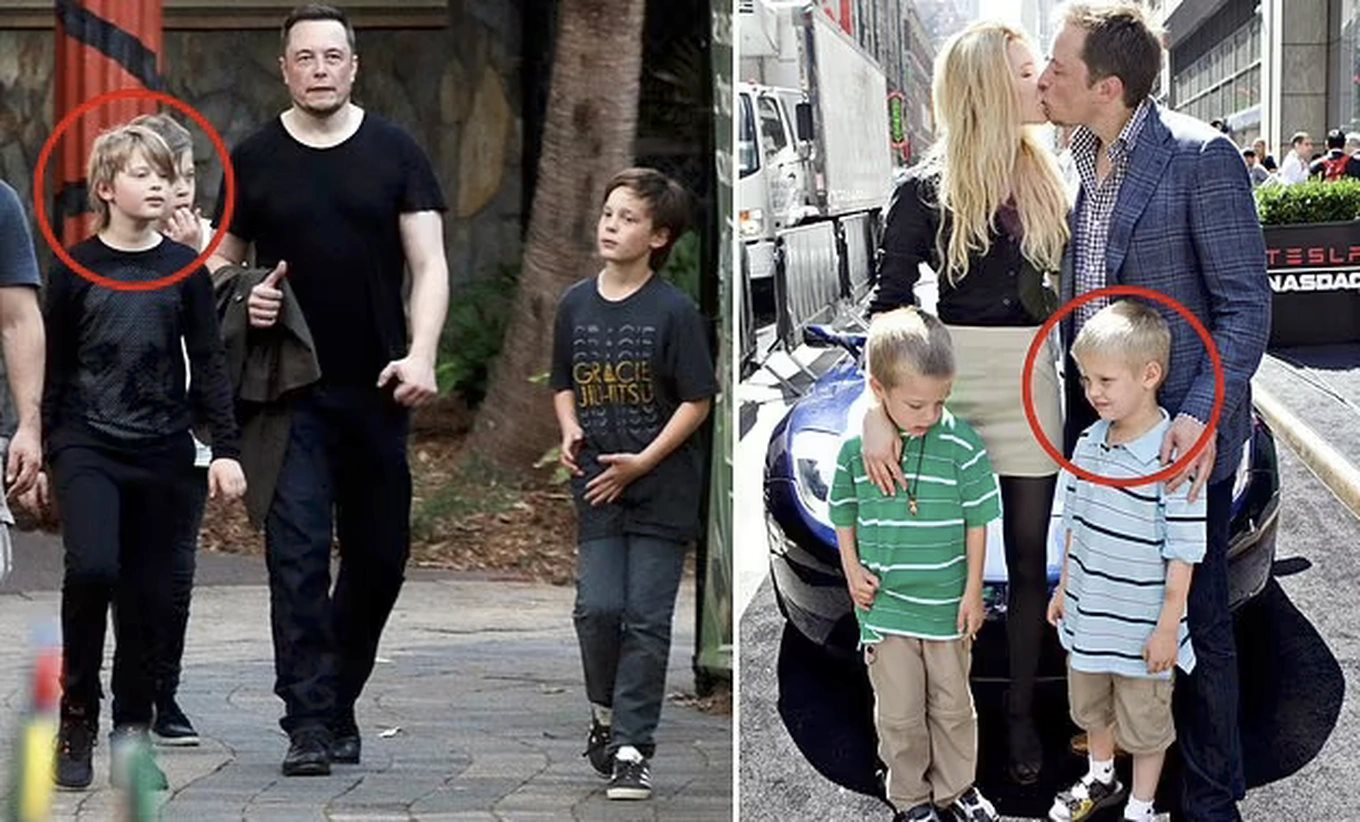In a move that has shocked the media landscape, Elon Musk has reportedly acquired ABC for a staggering $800 million, leading to the immediate cancellation of the popular talk show “The View.” This bold action comes on the heels of a controversial episode in which co-host Alyssa Farah Griffin referred to Musk as a “scumbag” during a discussion about social media and free speech.
The acquisition marks a significant shift in ownership for one of America’s leading broadcasting networks. Musk, known for his provocative ventures in technology and space exploration, has consistently made headlines for his unconventional decisions. However, this latest move has left many questioning his motivations and the potential implications for the television industry.
The incident that triggered this acquisition occurred during a segment of “The View” focused on online discourse and the responsibilities of tech moguls. Griffin, a former White House communications director, criticized Musk’s handling of Twitter, particularly in relation to misinformation and user safety. Her comment, labeling Musk a “scumbag,” quickly went viral, drawing attention not only to her views but also to Musk’s controversial reputation.
Musk’s response to Griffin’s remarks was swift and decisive. Rather than engaging in a public feud or rebuttal on social media, he opted for a more dramatic approach. By purchasing ABC, Musk effectively silenced a platform that had publicly criticized him, raising questions about media freedom and the influence of wealthy individuals on public discourse.
Critics of Musk’s acquisition argue that it sets a dangerous precedent for corporate control over media narratives. Media analysts are concerned that such actions could lead to a chilling effect on journalistic integrity, where criticism of powerful figures might be stifled out of fear of repercussions. “This is a concerning development in the landscape of media ownership,” said Dr. Emily Zeller, a media studies expert. “When billionaires exert influence over what can be said on public platforms, we risk undermining the very foundations of free speech.”
Supporters of Musk, however, view his acquisition as a necessary move to reclaim control over narratives in an era of rampant misinformation. They argue that Musk’s vision for media could lead to a more open and honest dialogue about important issues. “Elon is not just a businessman; he’s a visionary,” commented tech entrepreneur Sarah Jennings. “This could be his way of ensuring that the voices of innovators are heard without the bias of traditional media.”
The cancellation of “The View” has left many fans and critics alike reeling. The show, known for its diverse panel and lively discussions on current events, has been a staple of daytime television for years. Its abrupt end raises questions about the future of similar programs and the role of media in shaping public opinion.
As Musk takes the reins at ABC, it remains to be seen how he will reshape the network and what content will emerge under his ownership. Will he prioritize innovative programming that aligns with his vision for the future, or will he focus on projects that reflect his personal interests and beliefs?
The fallout from this acquisition will likely continue to unfold in the coming months. As viewers and critics digest the implications of Musk’s bold move, the conversation surrounding media ownership, free speech, and the responsibilities of tech billionaires will undoubtedly remain at the forefront.
In conclusion, Elon Musk’s $800 million acquisition of ABC and the cancellation of “The View” following Alyssa Farah Griffin’s remarks has sparked significant debate about the intersection of wealth, media influence, and free speech. As the landscape of television evolves under Musk’s leadership, the ramifications of this decision will be felt far beyond the confines of the network, impacting how we engage with media in the digital age.


